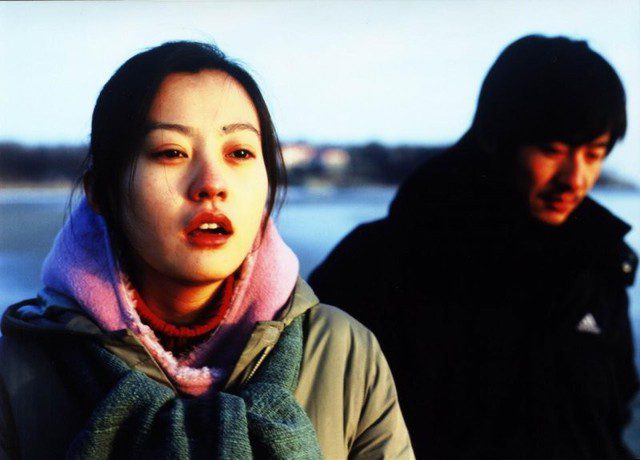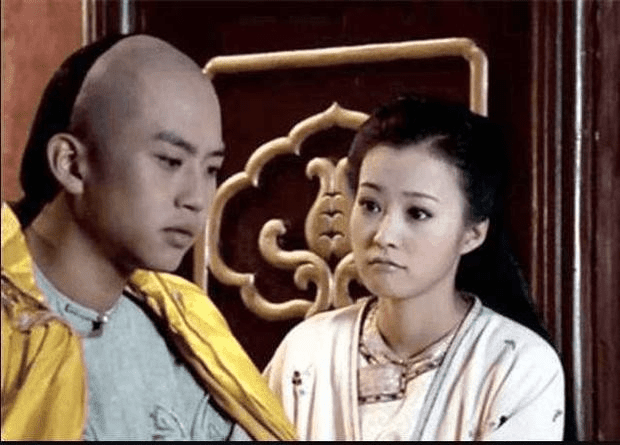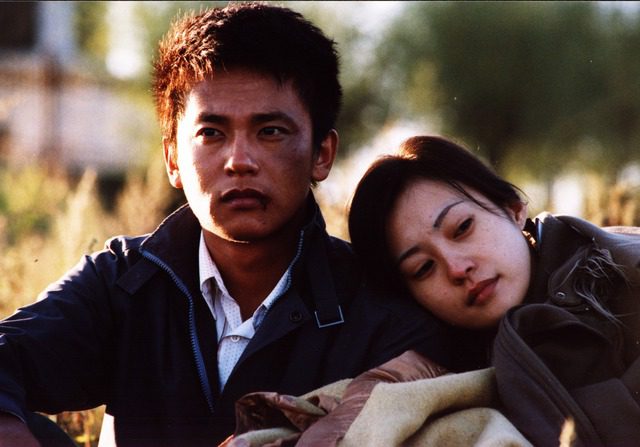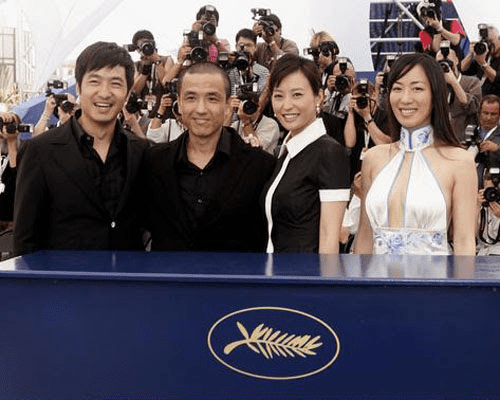Recently, the Chinese online community has been buzzing again over the title Di Hòa Viên – a film that stirred the Asian cinema scene back in 2006 – as it has resurfaced due to a viral comment related to actress Hắc Lỗi and her boyfriend Đặng Siêu. The drama, which had long faded into obscurity, has now become a hot topic after a clip featuring Hắc Lỗi was leaked.

When Art Meets Love
In 2006, Hắc Lỗi was one of the brightest stars in the Chinese film industry. She was in the prime of her career, alongside fellow actor Đặng Siêu, who later became a household name in the entertainment sector in China. At that time, Hắc Lỗi was cast by director Lâu Diệp in the lead role of Dư Hồng in the film Di Hòa Viên, after competing against over 400 other candidates.
However, the role came with specific requirements: she had to perform many intimate scenes, including full nudity, which was quite daring compared to the films of that era and even by today’s standards. In a candid conversation with Đặng Siêu, Hắc Lỗi expressed her reluctance to take on the role as she had been influenced by Lâu Diệp’s artistic style for a long time. Nonetheless, Đặng Siêu was determined to support her decision. According to later revelations, the male actor stated that if Hắc Lỗi chose to accept the role, then the two would part ways. Despite the warning, Hắc Lỗi still plunged into the project. After she confirmed her participation, Đặng Siêu was said to have been left in a state of a breakup.

A Role, A Career at Stake
In Di Hòa Viên, Hắc Lỗi plays Dư Hồng, a young student from Beijing who experiences intense romantic encounters, interspersed with the societal upheavals of the time. The film deeply explores the inner life of the characters, while also not shying away from depicting the intimate scenes between the main characters with a level of boldness rarely seen in Chinese cinema at that time.
Due to its daring content and imagery, the film was not granted a release permit by the State Administration of Radio, Film, and Television of China (SARFT). Consequently, Di Hòa Viên was banned from screening in China, and director Lâu Diệp along with the production team were prohibited from working for five years.
As for Hắc Lỗi, while the film garnered her much acclaim from international critics, especially after its screening at the 2006 Cannes Film Festival, her career did not take off as expected in the domestic market.

Di Hòa Viên – A Work of Controversy
Even though it could not be screened in its home country, Di Hòa Viên left a significant mark at major film festivals such as Cannes, Toronto, and Mill Valley. The film received much praise for its artistic merit, unique narrative style, and how it tackles social issues intricately. The work was regarded as a bold breakthrough in Chinese cinema, daring to approach sensitive topics.
Moreover, film critic David Denby from The New Yorker noted that he had never seen a film with so many intimate scenes portrayed so directly, yet still maintaining a sophisticated narrative. These scenes were evaluated as direct reflections of the emotional state of the characters, highlighting the confusion and turmoil of youth during that era. However, it was precisely this aspect that led Di Hòa Viên to be banned from screening in its home country, becoming one of the most regrettable losses in the history of this nation’s cinema.

Image Source: Compilation




















